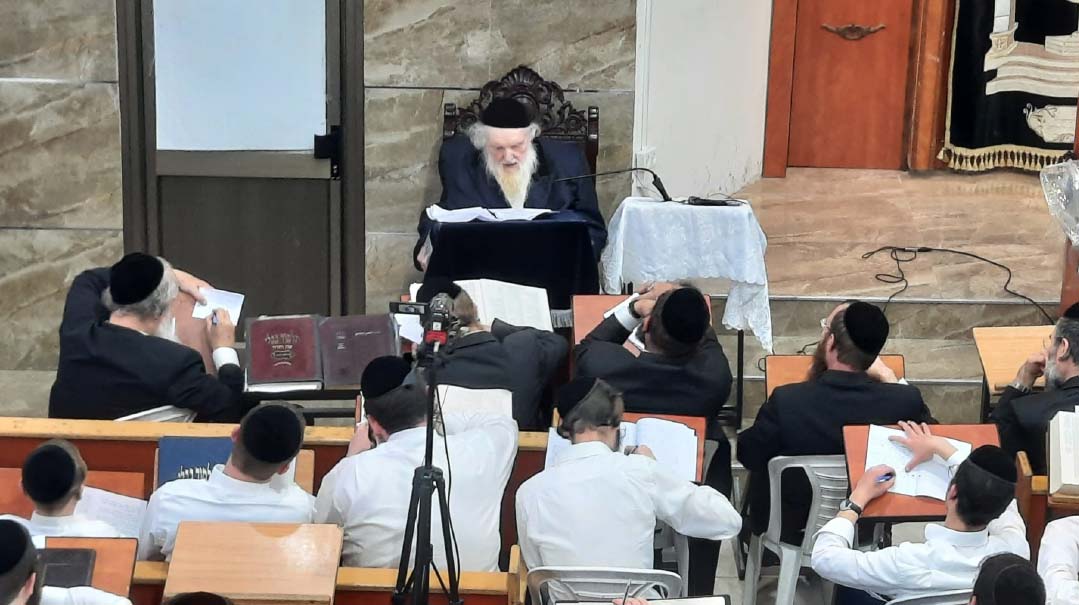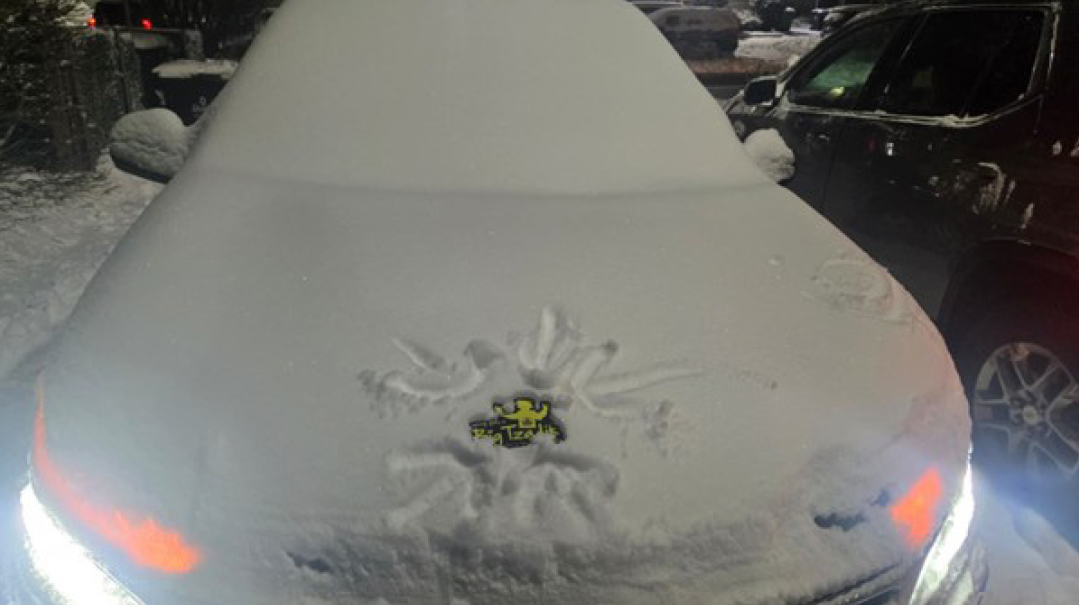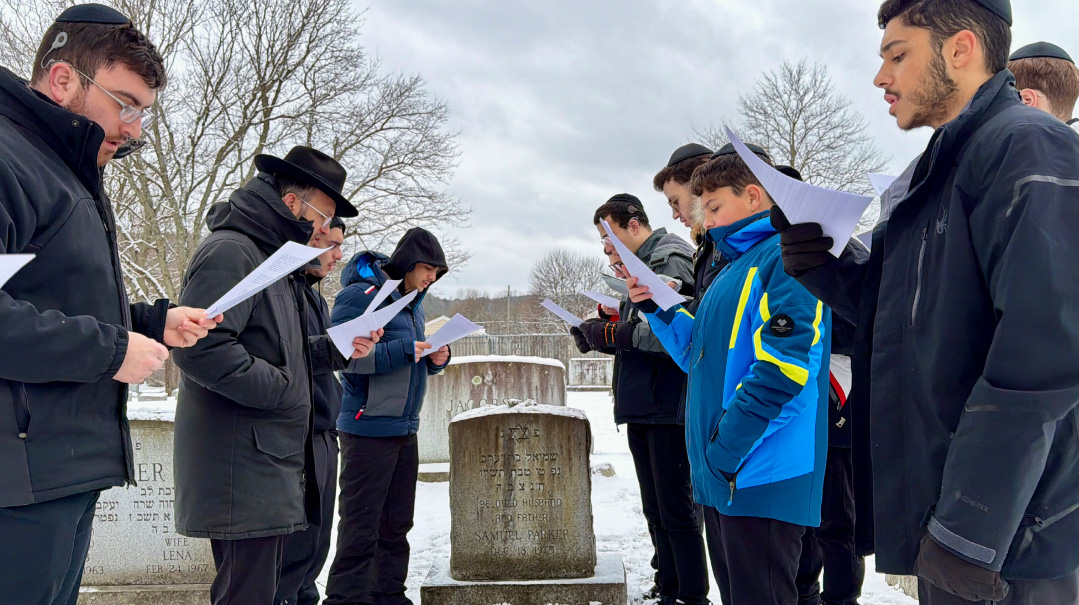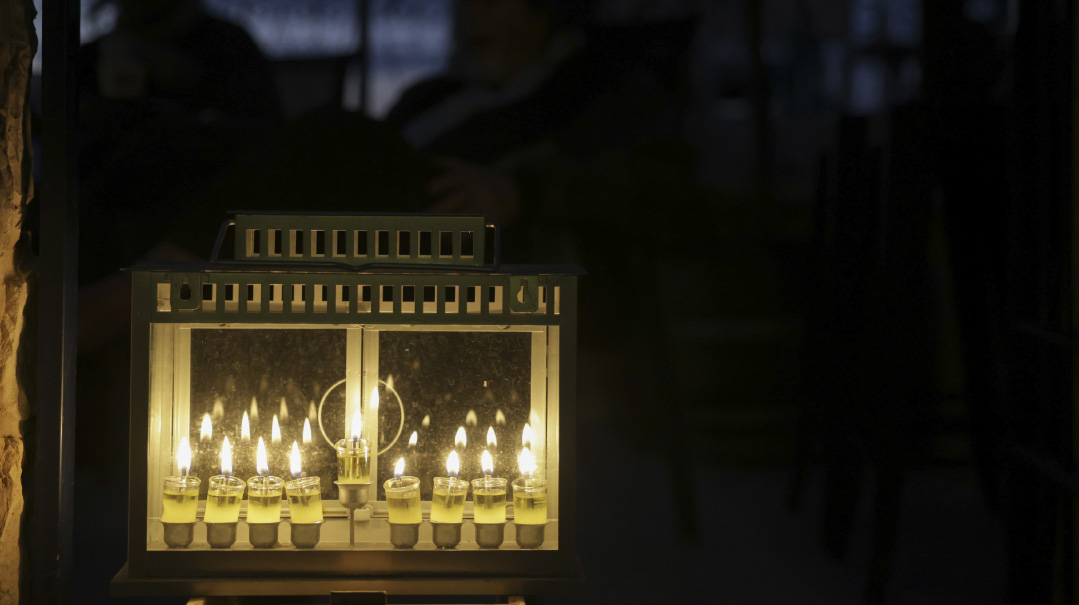Living Higher: Issue 891

“The next day, the man came to the beis din with sacks full of five agorot coins worth a thousand shekels"

During a shiur klali in his yeshivah in Beit Shemesh on the subject of loans and currencies in Maseches Bava Metzia, Rav Moshe Sternbuch addressed the well-known question of Rav Chaim of Brisk: whether someone who borrowed a sum of money in a certain type of currency can repay the loan in a different currency, or if the lender can claim that he loses the “changer’s fee” — the payment made to the money changer for changing the currencies.
After a long discourse on the subject, the raavad and elder posek related an incident that took place a few years back when he was sitting on the Eidah Hachareidis beis din during a din Torah.
“The defendant insisted that the fellow who had taken him to the din Torah was lying and trying to steal from him, but we ruled that according to halachah he had to pay, and if he didn’t the beis din would be compelled to issue a ksav siruv against him," Rav Sternbuch related.
“The next day, the man came to the beis din with sacks full of five agorot coins worth a thousand shekels. He figured that as long as he had to pay, he’d put the plaintiff in his place by giving him the headache of changing 20,000 coins. He told the beis din that with this, he had paid his debt, and claimed that a different rav had ruled that because the five agorot coin was usable currency at the time (it was taken out of circulation about ten years ago), he had fulfilled his obligation to pay. I called the bank myself to find out if the coin was legal tender for all transactions, and they told me that indeed according to the law, the coin was legal tender.”
(Originally featured in Mishpacha, Issue 891)
Oops! We could not locate your form.






